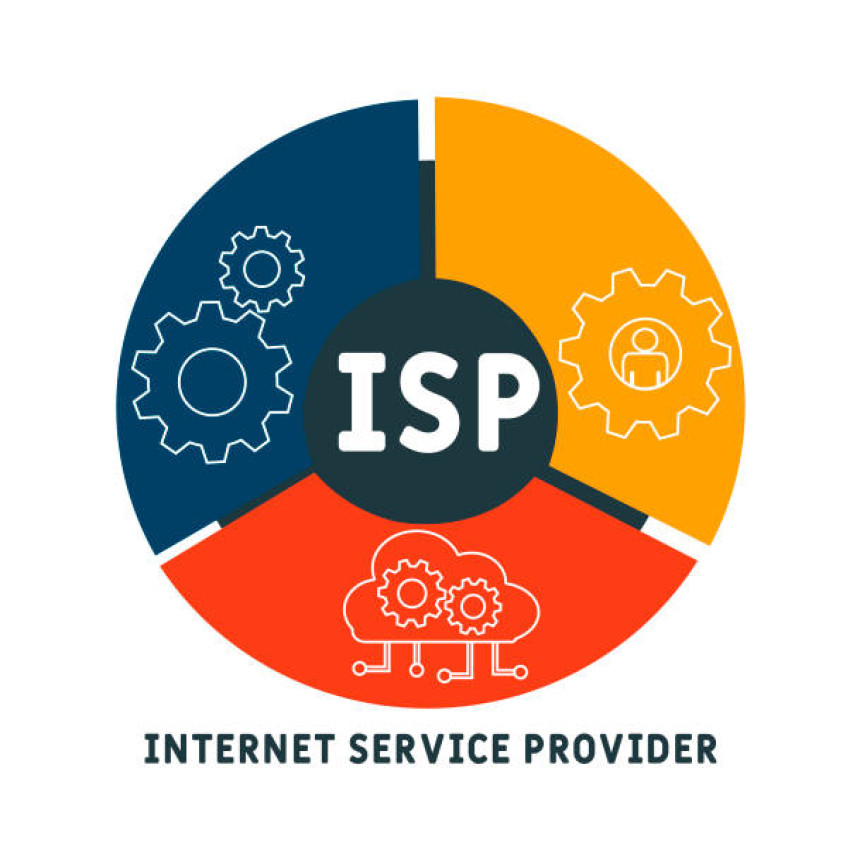
Hashtags
2 years ago
Hashtags
#what-is-this
What is ISP?
ISP stands for Internet Service Provider. It refers to a company or organization that provides access to the internet and related services to individuals, businesses, and other entities. ISPs are responsible for connecting users to the global network of the internet.
Here are some key aspects of ISPs:
- Internet Access: ISPs offer various methods of connecting to the internet, including broadband (DSL, cable, fiber-optic), dial-up, satellite, and wireless technologies (such as Wi-Fi and cellular networks).
- Services Provided:
- Internet Connection: This is the basic service that ISPs provide, allowing users to access websites, send emails, download/upload data, and perform various online activities.
- Email Services: Many ISPs offer email accounts to their subscribers.
- Web Hosting: Some ISPs also offer web hosting services, allowing individuals and businesses to host websites on their servers.
- Additional Services: Some ISPs offer services like online security tools, cloud storage, virtual private networks (VPNs), and more.
- Types of ISPs:
- Broadband ISPs: These provide high-speed internet access using technologies like DSL, cable, and fiber-optic connections.
- Dial-Up ISPs: These use traditional telephone lines for internet access, but they are much slower than broadband connections.
- Wireless ISPs (WISPs): They provide internet access using wireless technologies like Wi-Fi, fixed wireless, and cellular networks.
- Satellite ISPs: These use satellite communication to provide internet access, making them a viable option for remote and rural areas.
- Subscription Plans: ISPs offer various subscription plans with different speeds, data limits (for some plans), and pricing. Users can choose plans based on their needs and budget.
- Router and Modem: ISPs often provide or lease out routers and modems that are necessary for connecting devices to the internet. These devices facilitate the connection between the user's equipment and the ISP's network.
- Data Caps and Bandwidth: Some ISPs may impose data caps, limiting the amount of data a user can download/upload within a specific time frame. Bandwidth refers to the maximum data transfer rate an ISP can provide to a user.
- Regional Coverage: ISPs may operate in specific regions or serve a national or even international customer base, depending on the scale of their operations.
- Customer Support and Service Level Agreements (SLAs): ISPs provide customer support for technical issues, billing inquiries, and other concerns. Some ISPs offer SLAs that specify the level of service they guarantee to provide.
- Regulation and Compliance: ISPs are subject to various regulations and standards, depending on the country or region in which they operate. These may include rules regarding privacy, net neutrality, and data protection.
ISPs play a crucial role in connecting individuals and businesses to the internet, enabling them to access a wide range of online services and resources. Choosing the right ISP is important for ensuring a reliable and suitable internet connection for specific needs.





